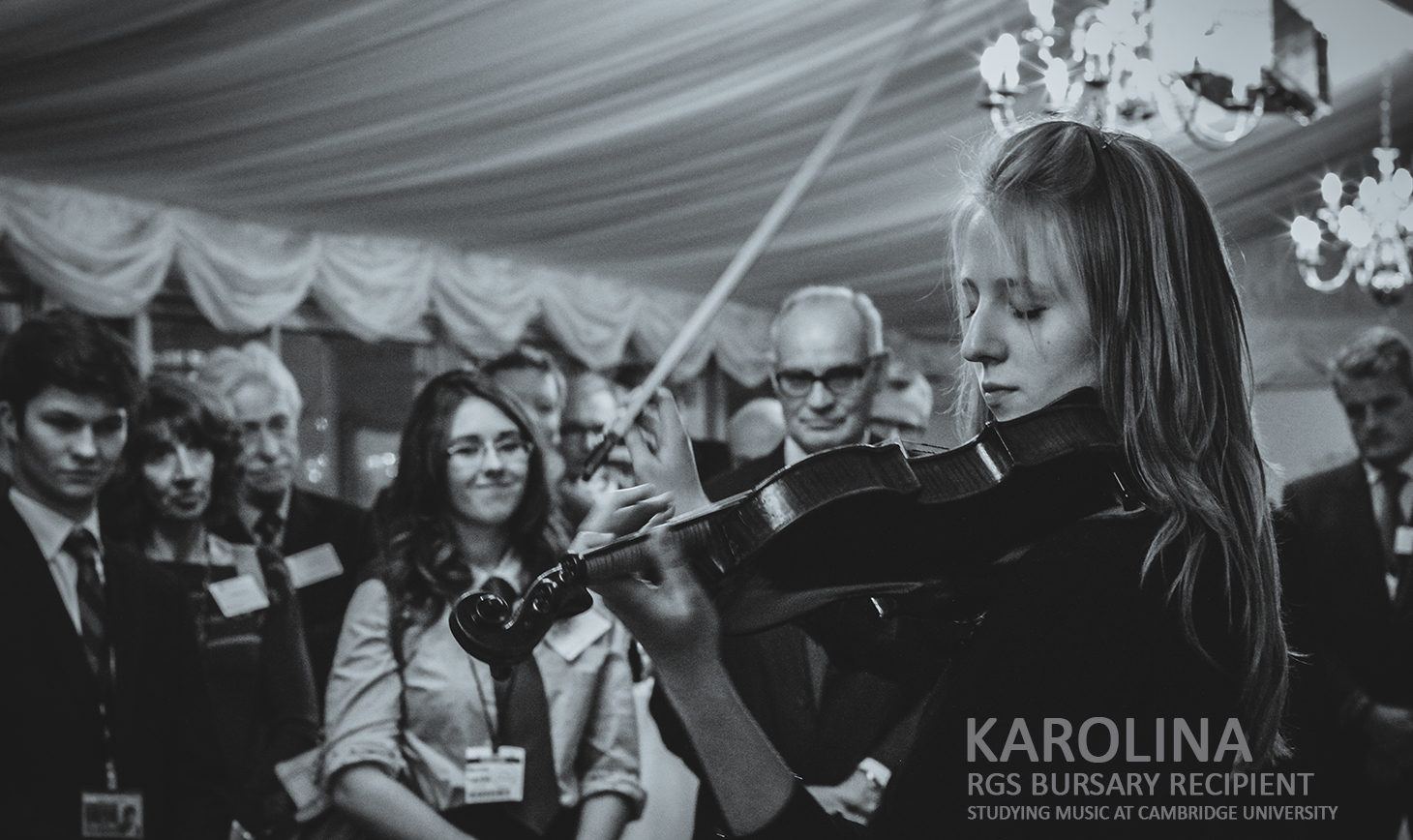
What is Social Mobility?
Elitist Britain, Social Mobility, and Reigate Grammar School
Theresa May, upon taking office, pledged to fight injustice and “…to make Britain a country that works for everyone”, insisting that the state has a significant role to play in alleviating the injustices faced by those around the poverty line in the UK. In what can be described as a ‘successor ideology’ her shared society is only a variation of her predecessor, David Cameron’s “big society” plan. The uneasy truth we face is that Britain is an unjust society with significant issues relating to poverty, opportunity and underachievement. Cameron’s view on this key issue struck a chord with me and helped me to clarify why I believe so much in the collective power of ‘community’ and the need in the UK for greater citizenship and altruism.
Cameron stated in 2015 that a one nation society “Is one where opportunities are shared equally and are not dependent on the family you were born into, the place where you live or the school you attend. It is a society where being born poor does not condemn someone to a lifetime of poverty. Instead, it is a society where your progress in life – the job you do, the income you earn, the lifestyle you enjoy – depends upon your aptitude and ability, not your background or your birth. These are the hallmarks of a truly open, fair and meritocratic society. They are a long way from the Britain in which we live.”
THERE ARE OVER 2.4 MILLION CHILDREN IN BRITAIN LIVING BELOW THE CHILD POVERTY LINE
There is a growing unease within the UK because of an ever-widening class divide and a tension around a lack of fairness within our society. We talk about having less elitism and greater equality, less poverty and more social mobility. However, we are a long way from a society where everyone has an equal chance. The Child Poverty and Social Mobility Commission’s State of the Nation 2016 Report highlights that there are over 2.4 million children in Britain living below the child poverty line, with one in five still living in absolute poverty. Families are characterised by ill health and low skills as well as unemployment and broken relationships. Disadvantaged young people are twice as likely to be unemployed.
Despite the many efforts to provide more opportunities to people from all backgrounds in Britain, the doors of opportunity are open far wider for the wealthy and privileged few where UK wealth distribution highlights the top 10% owns five times as much as the bottom 50%. Furthermore, the most advantaged are six times more likely to go to university.
The statistics hide the day-to-day tragedy of child poverty, from the effects of low-quality and insecure housing, through a lack of new, quality clothes that other children take for granted, to unhappy anxious early years. Child poverty imposes a lasting burden. When the doors of opportunity are closed off in early life, the chance to do well as an adult is much reduced. Former Reigate Grammar School pupil, Sir Peter Lampl (’66) hit the nail on the head regarding low social mobility when he said, “…not only is this an individual tragedy for every young person who fails to fulfil their potential, but it highlights a national waste of talent that threatens the future economic health of our country.”
Alan Milburn (Chairman, Child Poverty and Social Mobility Commission) captured my mood when he said, “The truth about our country is that over the decades Britain has become wealthier but we have struggled to become fairer.” Frankly, I wish to live in a society where worth is valued above birth. We have no control with regard to the family into which we are born, but we can influence the nature of the society into which our children and grandchildren are born. Education is the key as is access to first-class teaching. You see, great teachers make the fundamental difference for all students, but make an even greater difference for those from the most disadvantaged backgrounds because this group are the least likely in our society to succeed and fulfil its academic potential.
The ‘dice-roll’ of birth will continue to have a skewed influence on a child’s life chances. However, the more children to whom we give equal opportunity, through an ‘Open Access’ philosophy, the greater the significance of impact schools such as Reigate Grammar will make to their local communities and to society as a whole as they are the engines to social mobility. The impact and momentum achieved by the Changing Lives campaign has been encouraging and would not exist without the moral courage and altruism of RGS and its supportive community. However, the RGS Foundation needs further support for this vital work. We are in this together… helping break the link between demography and destiny. Though it is significant to note that we have been changing lives since 1675, there is still much to be done.
Sean Davey
Foundation Director
